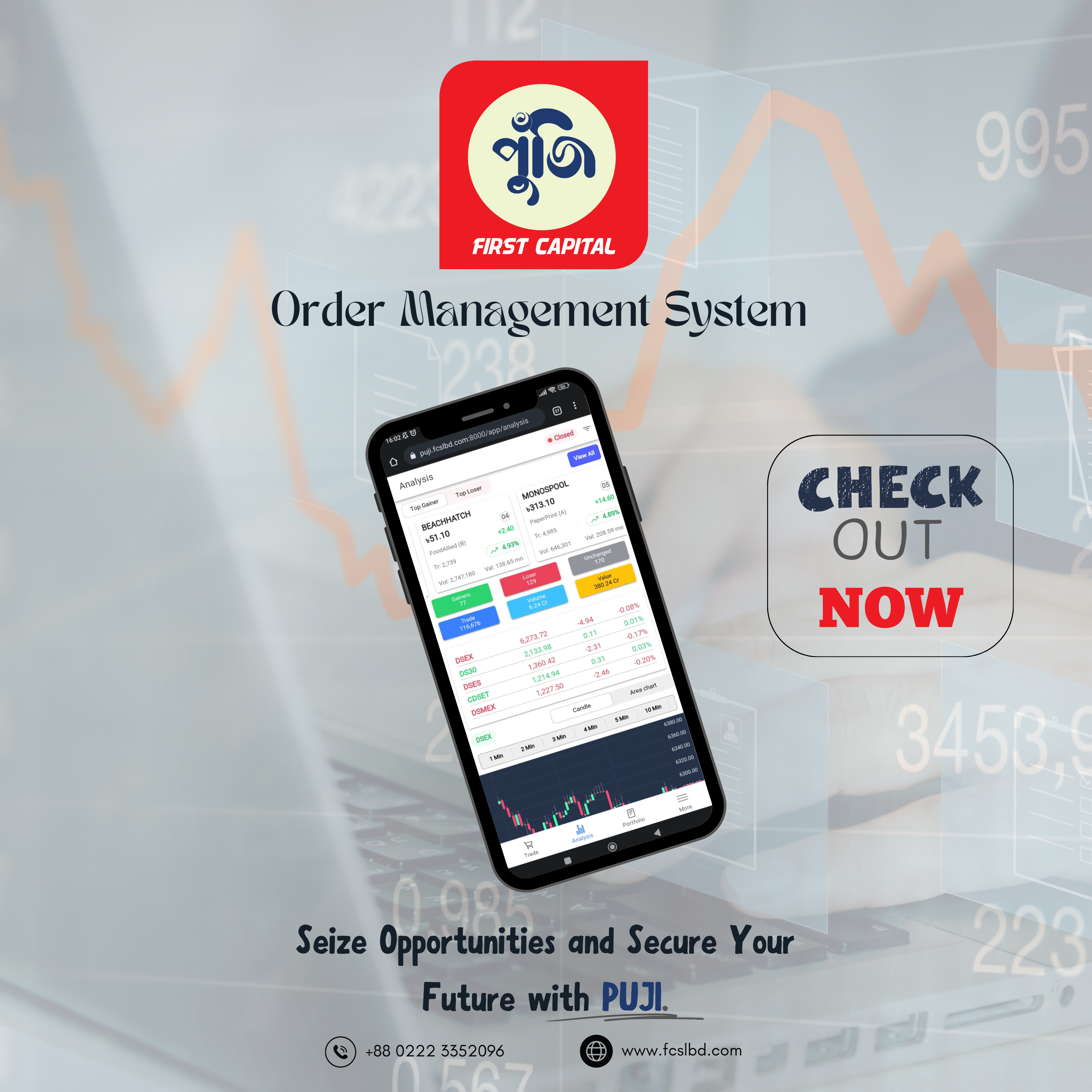US apparel imports from Bangladesh have increased by 3.95 per cent over the past decade, despite America’s global sourcing declining by 0.25 per cent, according to Bangladeshi apparel exporters.
They, during a US hearing, also said that their unit price has risen by 0.99 per cent in the last ten years till 2023, while the global average unit price paid by the US has decreased by 0.04 per cent.
The exporters said the United States iss extremely relevant and important to them as a trade partner.
“There is no doubt that Bangladesh is among the few major exporters that have performed well in terms of apparel exports to the US in recent decades,” said Faruque Hassan, president of the Bangladesh Garment Manufacturers and Exporters Association (BGMEA).
The United States International Trade Commission (USITC) held a virtual hearing on Monday to examine garment exporters to the US market, including Bangladesh. Representatives from Bangladesh faced various questions throughout the four-hour hearing.
USITC Chairman David S Johanson and his colleagues inquired about labour rights, labour laws, worker productivity and wages in Bangladesh.
Senior Commerce Secretary Tapan Kanti Ghosh briefed the hearing on the government’s initiatives to improve workers’ rights, particularly through amendments to labour laws.
The hearing was prompted by a fact-finding investigation initiated by the USITC to examine the export competitiveness of the apparel industries in Bangladesh, Cambodia, India, Indonesia and Pakistan.
In December 2023, the US Trade Representative (USTR) requested the USITC to conduct an investigation and prepare a report on the export competitiveness of the apparel industries in Bangladesh, Cambodia, India, Indonesia, and Pakistan – all major clothing suppliers to the US market.
During the hearing, BGMEA President Faruque Hassan pointed out that overall US apparel imports have declined by 2.45 per cent, with imports from China dropping by 45 per cent.
Bangladesh, he added, has filled the gap left by these declines, with US apparel imports from Bangladesh rising from $5.0 billion to $7.3 billion during this period.
Apart from value, global imports to the US fell by 0.20 per cent in terms of quantity (square metres) between 2013 and 2023, while Bangladesh’s exports grew by 2.93 per cent.
This suggests a rise in Bangladesh’s unit price (up 0.99 per cent) compared to a global decline (-0.04 per cent) in the average unit price paid by the US.
The BGMEA president explained the country’s performance amid rising production costs due to energy price hikes. While acknowledging the initial boost from the multi-fibre arrangement (MFA) quota system, he said the country did not enjoy US tariff preferences after its phase-out in 2004.
The BGMEA president noted that Bangladesh’s initial export strategy focused on volume over value. However, the industry is now investing in machinery, technology and worker skills. This focus on upgrading technology, processes and resource optimisation to reduce costs and improve environmental impact.
Mr Hassan also mentioned over 36 per cent negative growth in Bangladesh’s exports to the US in January 2024, exceeding the decline experienced by competitors like China and Vietnam.
During the USITC hearing, the BGMEA president responded to inquiries about Bangladesh’s raw material imports.
He said Bangladesh does not import cotton from China but sources man-made fibres (MMF) from various sources, including India, China and Korea.
The USITC also inquired about labour law reforms, worker productivity and wages. Citing an International Labour Organization (ILO) report, the USITC asked the BGMEA president regarding worker efficiency and productivity compared to Cambodia despite receiving lower wages.
Mr Hassan said he has no information on whether Bangladeshi workers are more efficient than Cambodia. Rather, Bangladesh’s labour productivity is lower than that of China, Vietnam and Indonesia. The BGMEA has until 24 March to submit written submissions to the USITC. The commission is expected to submit its report to the US Trade Representative (USTR) by 30 August.
source: thefinancialexpress.com.bd
bangladesh global trend us apprel exports




